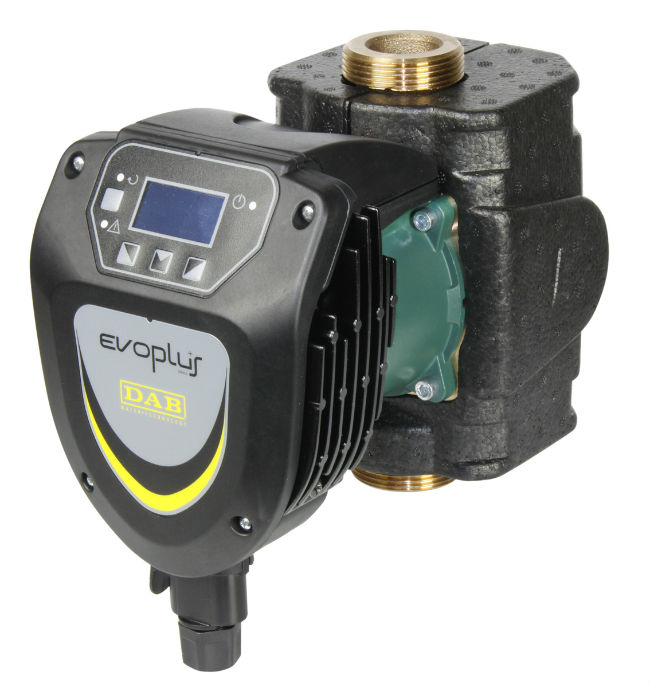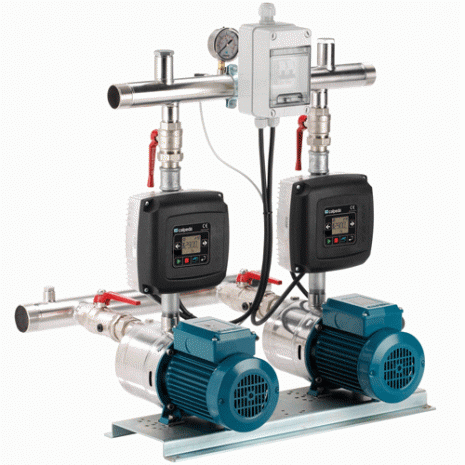A free guide to the different types of pumps available.
Contents
Types of pumps
Choosing the best type of pump for your needs can seem like a daunting task – given that there are so many different types. Selecting the right pump can be very important if you want to minimise costs, increase efficiency and extend the lifetime of your pump and system.
Here, we’re going to take a look at some of the main types of pump you could purchase – and to make it even easier, we’ve separated these into ‘Centrifugal’ and ‘Positive Displacement’ pumps.
Centrifugal pumps
Booster pumps
Booster pumps are used to increase the pressure within a system and easily help to push liquid a longer distance.
They can also be used for spraying and other high-pressure tasks.
Canned Motor pumps
Canned Motor pumps are ‘leak-free’ pumps without a mechanical seal – one of this pumps main selling points, as it avoids the expensive maintenance that often comes with a seal.
They can be used to pump chemicals and liquids that are difficult to seal.
Circulator pumps
Circulator pumps are known to save on floor space so would be ideal for smaller workshops.
They can be used to circulate water and other thin liquids.
Drum pumps
As the name suggests, drum pumps are used to move small amounts of liquid out of drums and carboys.
Drum pumps are very practical, thin and can be used to remove corrosive liquids from narrow-entrance drums.
Fire pumps
Fire pumps are used for fighting fires in buildings and plants, with their primary media being water.
These pumps meet the requirements of UL/FM for firefighting services.
Grinder pumps
A type of submersible sewage pump, the grinder pump can be used to drain sewage and other wastewater.
Jet pumps
Jet pumps are used domestically as a cheaper alternative to submersible pumps.
They can be used to pump small amounts of water in domestic wells.
Slurry pumps
Slurry pumps can come in a variety of sizes and are generally used to handle an abrasive slurry.
Ordinary pumps wouldn’t handle the work a slurry pump is designed to endure; giving slurry pumps a unique and long-lasting lifespan.
Trash pumps
Designed to pump solids and abrasives, trash pumps are self-priming centrifugal pumps.
They can be used to handle rocks and other larger solids while dewatering an area.
Positive Displacement pumps
Concrete pumps
A concrete pump is designed specifically to pump concrete and other aggregate solutions.
These pumps can be used to move concrete long distances and upwards during pour.
Diaphragm pumps
A diaphragm pump can be used to move a range of liquids containing solids.
The pump is sealless and is designed to run dry without incurring any damage.
Metering pumps
Metering pumps are easy to control and are used to pump a wide range of thin and thick liquids – including corrosive liquids.
The flow of this pump can be adapted easily by adjusting the stroke length or speed.
Piston pumps
Used to pump water and other thin liquids, a piston pump is built using one or more double acting pistons.
Operating at slower speeds, piston pumps can often go longer without requiring maintenance.
Of course, there are a range of other pumps available for almost every task – we have just covered a select handful here and advise further reading to decide which pump is required for your needs.


